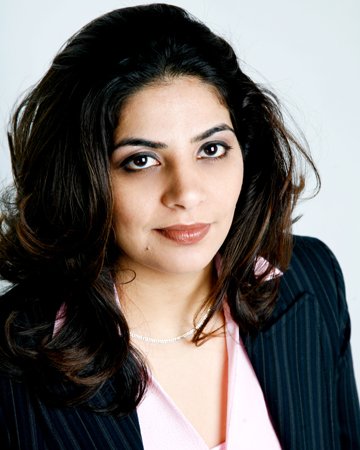- Home
- News & Blogs
- About Us
- What We Do
- Our Communities
- Info Centre
- Press
- Contact
- Archive 2019
- 2015 Elections: 11 new BME MP’s make history
- 70th Anniversary of the Partition of India
- Black Church Manifesto Questionnaire
- Brett Bailey: Exhibit B
- Briefing Paper: Ethnic Minorities in Politics and Public Life
- Civil Rights Leader Ratna Lachman dies
- ELLE Magazine: Young, Gifted, and Black
- External Jobs
- FeaturedVideo
- FeaturedVideo
- FeaturedVideo
- Gary Younge Book Sale
- George Osborne's budget increases racial disadvantage
- Goldsmiths Students' Union External Trustee
- International Commissioners condemn the appalling murder of Tyre Nichols
- Iqbal Wahhab OBE empowers Togo prisoners
- Job Vacancy: Head of Campaigns and Communications
- Media and Public Relations Officer for Jean Lambert MEP (full-time)
- Number 10 statement - race disparity unit
- Pathway to Success 2022
- Please donate £10 or more
- Rashan Charles had no Illegal Drugs
- Serena Williams: Black women should demand equal pay
- Thank you for your donation
- The Colour of Power 2021
- The Power of Poetry
- The UK election voter registration countdown begins now
- Volunteering roles at Community Alliance Lewisham (CAL)
Cousin marriages
 This week Labour peer Lord Ahmed called for an end to cousin marriages opening up a debate on the issue. Writing for OBV Adeela Shafi puts forward her point of view.
This week Labour peer Lord Ahmed called for an end to cousin marriages opening up a debate on the issue. Writing for OBV Adeela Shafi puts forward her point of view.
Pictures show the beaming faces of not just the bride and groom but reflect the pride of their entire families. For the union is of two cousins whose marriage also cements the ties of their two families.
Marriage within families is a traditional centuries old custom within Muslim Pakistani, Bangladeshi and some East African families. It has many benefits, for example, you know the background of the person, no skeletons in the closet, you’ll be treated better, being just some of the many pluses of keeping it the family.
The prevalence of the practice in communities from the Indian sub-continent may be explained by the influence of centuries of an Indian caste system culture. Entwined with inheritance rights within Islam has meant that cousin marriages in these communities has become a deep seated cultural practice, serving many purposes.
Indeed, it has many benefits. However, modern advances in medicine have also revealed that continual inter-marrying within families over generations causes genetically originated disabilities in the offspring. The risk of such disabilities significantly increases when you marry a cousin who could be carrying similar genes.
In Britain today, statistics show that the prevalence of cousin marriages in Pakistani and Bangladeshi communities in particular, has resulted in a rise in genetic disabilities. As well as costing the NHS, it also means whole communities and families limit their potential as they deal with the day-to-day care for that child. A disabled child in a family causes immense social, emotional and financial pressure on all members of the family.
But in Britain this is not so much due to ignorance - talk to many Pakistani or Bangladeshi people, women in particular, and they are actually very aware that there are these risks. When match making, exploring potential medical risks would no doubt dampen the excitement of a marriage and all its associated benefits. Anyone who might bring it up would be accused of ulterior motives or a killjoy.
The reason for this may be two-fold. Firstly, is the belief that because Islam does not prohibit it, it must be fine. And secondly, there are still more children born normal and healthy which further confirms that view. The classic response is, ‘my brother/father/cousin all had cousin marriages and their kids are fine’. Although this does not change the growing evidence that the more inter-marriages that occur, the higher the risk of disabilities with any resulting children.
If one does have a child that is affected, it is often explained as ‘God’s will’. But the decision of who to marry was not God’s will, but one of the couple and their families. Perhaps it is God’s will…but maybe with a message…
What was a facility and flexibility in early Islam is now seen as imperative to one’s culture, which people feel threatened about when challenged.
It is not just awareness, more a reluctance to change a convenient social and cultural practice.
Adeela Shafi is a Lecturer in Psychology University of the West of England (UWE) and Former Conservative Parliamentary Candidate Bristol East
Other atrticles by Adeela Shafi
Punish the guilty but not the innocent
Home Grown?
